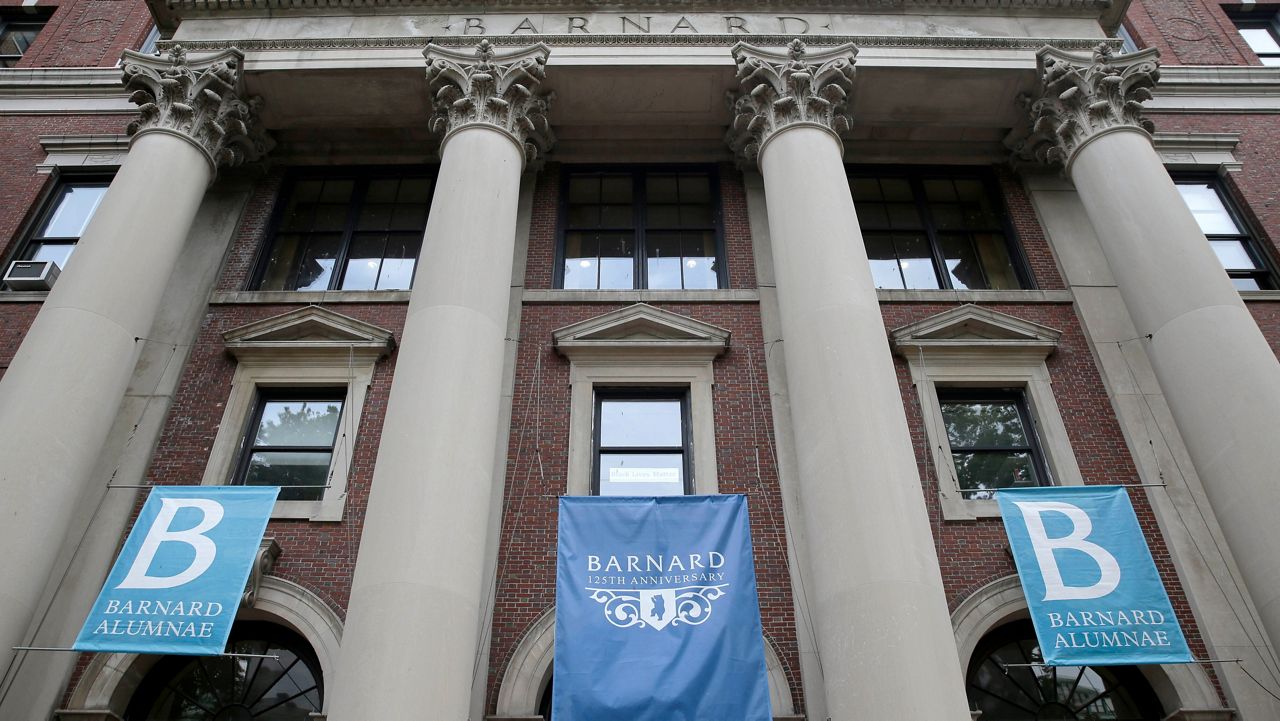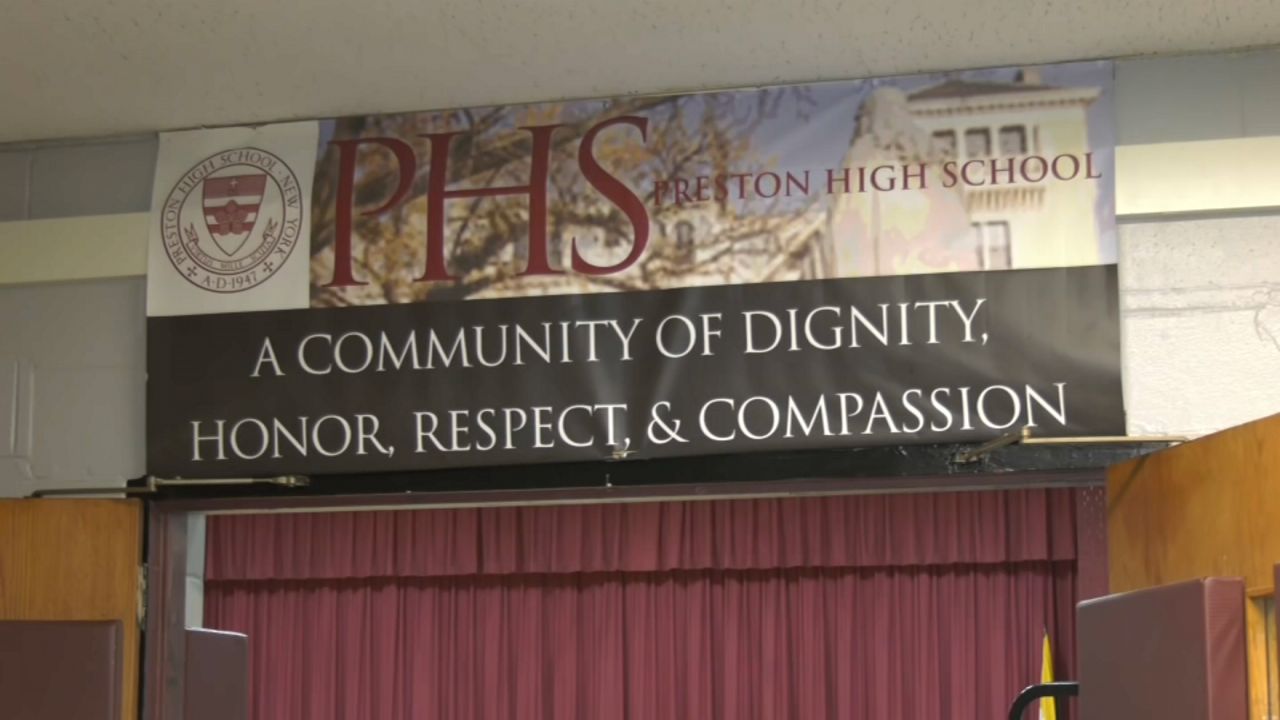Nearly ten thousand preschoolers with disabilities went without the services they were legally entitled to last school year, according to a new report from the organization Advocates for Children.
The report, based on data the education department is required to release annually, found that 37% of all preschoolers with disabilities, or 9,800 went the entire 2021-2022 school year without having a single session of a service the education department is legally required to provide them — like speech, occupational or physical therapy, or visits from a special education teacher.
“The failure to provide these mandated services to these children is really a systemic violation of their legal rights. And unfortunately, we just know that the problem persists this year,” Betty Baez-Melo director of the early childhood education project at Advocates for Children, said.
The sobering statistics come as Mayor Adams has made children with disabilities a focal point in his education agenda — promising to expand the number of special education preschool seats in the city so every child has one, a mark he has not yet hit, with 300 children still waiting for a seat.
But services like speech therapy or a special education itinerant teacher reach thousands of other children with disabilities who can be served in general education classrooms.
Last year, 6,500 students who needed speech therapy did not receive even a single session of the service.
And advocates say that doesn’t even reflect the true breadth of the problem — because for reporting purposes, the DOE considers a child “fully” served if they’ve received even one session.
That means the numbers don’t account for children like Abraham Bell-Lopez, whose parents spent months working to get him evaluated after his pediatrician noticed he was having trouble enunciating.
“There’s things like no, he says mo,” his dad, Jordan Bell, explained. “Can you say no?”
“Mo!” Abraham said.
“See, he says mo. It’s n-n-n-n-no,” his dad coached.
Finally, in January, they had a meeting to set up an Individualized Education Plan, and the DOE determined Abraham should receive speech therapy twice a week at his preschool.
That hasn’t happened.
“I emailed, you know, once a week since January, to the DOE and it was always, ‘nobody is available,’” Bell said.
The education department is legally required to provide Abraham with the services listed on his IEP — and to provide it in the least restrictive setting, meaning he should get speech therapy at his preschool in Brooklyn during the school day.
Instead, after months of no therapy, the education department offered him once-a-week sessions, on Saturday, in Manhattan. He’s had only three sessions this year.
“It takes an hour or more to get there, and find parking, and then an hour to get back, for a 30 minute speech therapy session,” Bell said.
It seems to be helping — but it shouldn’t be that hard. And Abraham isn’t alone.
“That’s a key example of a child who is not included in these statistics,” Baez Melo said. “Even though he went months before starting a single session, and is now only receiving one of two sessions, and it’s not in his program, it’s at a separate location.”
When questioned by parents, officials have blamed a shortage of providers, the report found. The DOE does hire its own therapists, but many work on contract, especially when serving students in pre-K and 3-K classes at community-based organizations.
AFC says the city should budget more money to serve these children, so they can hire more therapists and pay higher rates to contracted providers.
“If these services aren’t provided now, when a child’s in preschool, it’s more likely that they’re going to need, the child’s going to need more intensive and more expensive support later on in life,” she said.
A spokeswoman for the education department says they expanded a team of itinerant occupational, physical, and speech therapists serving preschool students.
“We agree with the concerns of our parents and advocates that for far too long, students with disabilities were excluded from programming and services. This Administration is committed to righting this wrong. We are working to ensure that all students receive the services, supports, and resources that they need to succeed—from opening more special education seats in early childhood programs to hiring more staff across the system, we are prioritizing our students with disabilities,” spokeswoman Nicole Brownstein said.
The department says it has seen a rise in the number of preschoolers referred to special education since the pandemic, and is actively recruiting for five remaining speech therapist spots. Likewise, contract agencies that typically provide these employees to the DOE are also struggling to meet the city’s needs — and the department says they have a longer-term goal of “reimagining” contracts with these agencies to reach underserved communities.
For parents like Bell, the delays amount to time their children can’t get back.
“It’s a year that could have been a lot more productive, and it just hasn’t been. And there’s no good reason for it,” he said.






_CGPK_CUNY_Student_Protest_Encampents_2025_CG_134055132_345)


_DNT_Columbia_Protest_CLEAN_FOR_APPROVAL)